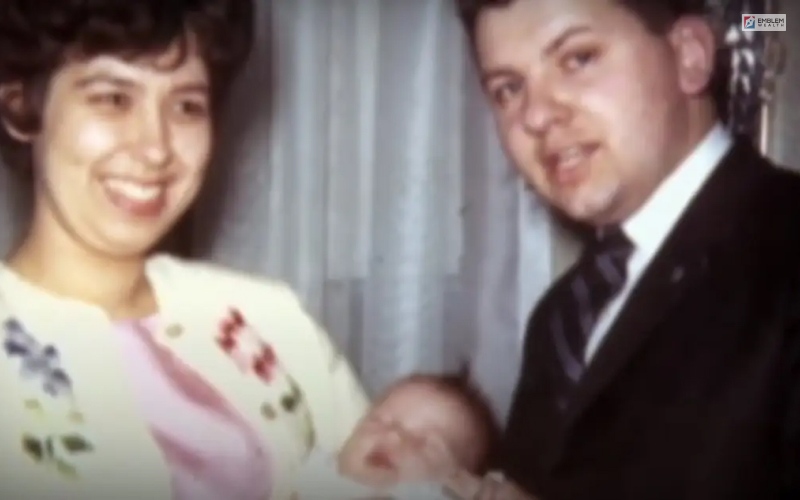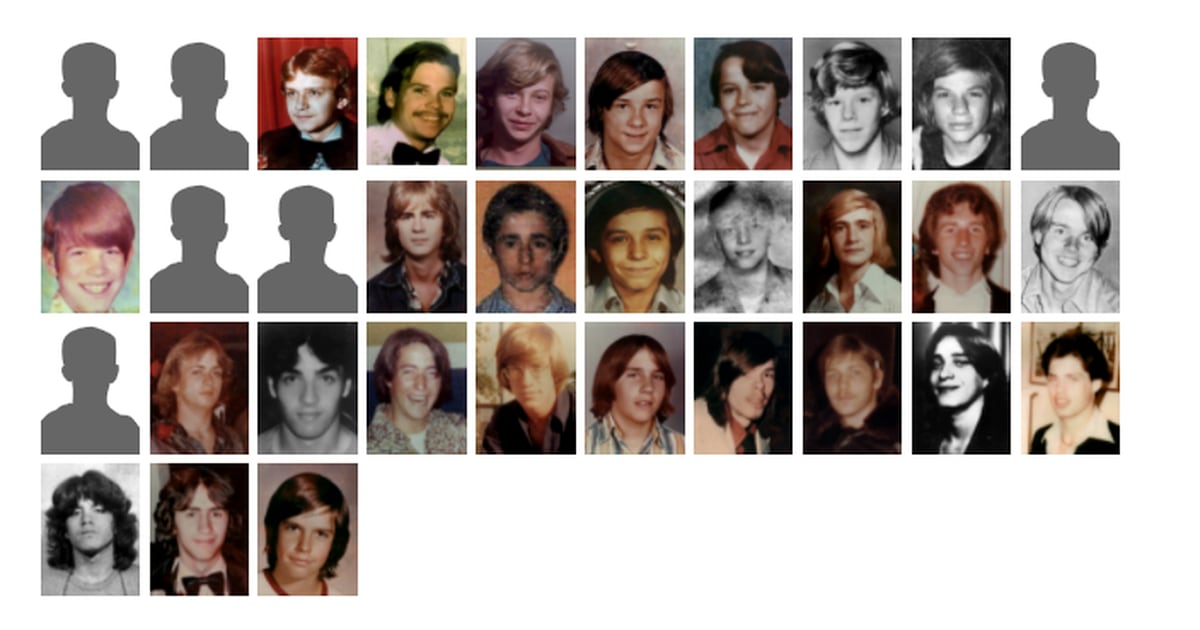Michael Gacy is one of the most notorious figures in American criminal history, known for his chilling acts that shocked the nation and the world. His story is not just a tale of horror but a deep exploration of the dark side of human nature. As we delve into his life, crimes, and legacy, we uncover a complex narrative that continues to fascinate and terrify in equal measure.
Known as the "Killer Clown," Michael Gacy remains a symbol of depravity and cruelty. His ability to charm and deceive those around him while committing heinous crimes highlights the duality of human behavior. This article aims to shed light on his life, the impact of his crimes, and the lessons society can learn from his dark legacy.
By examining the details of his life and the extensive research surrounding his case, we hope to provide a comprehensive understanding of Michael Gacy's story. This exploration will also delve into the psychological and societal implications of his actions, offering insights into the nature of crime and punishment.
Read also:Understanding The Meaning Of Watch Atm And Its Significance In Modern Finance
Biography of Michael Gacy
Early Life and Background
Michael John Gacy Jr. was born on March 17, 1942, in Chicago, Illinois. His childhood was marked by a tumultuous home environment, with an abusive father and a strained relationship with his family. These early experiences are often cited as potential influences on his later behavior.
Below is a table summarizing key details of Michael Gacy's life:
| Full Name | Michael John Gacy Jr. |
|---|---|
| Date of Birth | March 17, 1942 |
| Place of Birth | Chicago, Illinois |
| Occupation | Contractor, Entertainer (Killer Clown) |
| Date of Death | May 10, 1994 |
Michael Gacy's Criminal Career
The Rise of the Killer Clown
Gacy's transformation from a seemingly ordinary citizen to one of America's most infamous serial killers began in the 1970s. Under the guise of "Pogo the Clown," he entertained at children's parties and charity events, masking his sinister intentions with a charming persona.
His crimes involved the abduction, torture, and murder of young men and boys, many of whose bodies were later discovered buried in the crawl space of his home. The discovery of these remains in December 1978 marked the beginning of one of the most extensive investigations in American criminal history.
The Psychological Profile of Michael Gacy
Understanding the Mind of a Serial Killer
Psychologists and criminologists have long studied Michael Gacy's behavior to understand the motivations behind his actions. Key factors include:
- Abusive childhood experiences
- Personality disorders, such as narcissism and psychopathy
- A need for control and dominance over his victims
Research from reputable sources, such as the FBI's Behavioral Analysis Unit, highlights the importance of understanding these psychological factors in preventing future crimes.
Read also:Squishmallow List The Ultimate Guide To Collectibles Varieties And More
The Investigation and Arrest
Uncovering the Truth
The investigation into Gacy's crimes began in late 1978, following the disappearance of 15-year-old Robert Piest. Law enforcement officials eventually uncovered evidence linking Gacy to multiple murders, leading to his arrest on December 21, 1978.
The subsequent search of his home revealed the remains of 29 victims, with additional bodies later found in the Des Plaines River. This discovery shocked the nation and led to widespread media coverage of the case.
Michael Gacy's Trial and Conviction
Justice for the Victims
Gacy's trial began in February 1980, with the prosecution presenting overwhelming evidence of his guilt. Despite his defense team's attempts to argue for diminished capacity, the jury found him guilty of 33 counts of murder.
On March 13, 1980, Michael Gacy was sentenced to death for his crimes. His execution took place on May 10, 1994, via lethal injection at Stateville Correctional Center in Illinois.
The Impact on Society
Lessons Learned from Michael Gacy's Case
Gacy's case had a profound impact on American society, leading to changes in law enforcement practices and increased awareness of serial killers. Key takeaways include:
- The importance of thorough background checks and community vigilance
- Improved methods for investigating and prosecuting serial murder cases
- A greater understanding of the psychological profiles of serial killers
According to the National Institute of Justice, these advancements have contributed to a decline in serial murder cases over the past few decades.
Michael Gacy's Legacy
A Dark Chapter in History
Michael Gacy's legacy continues to influence popular culture, with numerous books, documentaries, and films exploring his life and crimes. His story serves as a cautionary tale about the dangers of deception and the importance of understanding human behavior.
Researchers and criminologists continue to study his case, seeking insights into the minds of serial killers and ways to prevent similar tragedies in the future.
Public Perception and Media Representation
How Michael Gacy is Remembered
The media's portrayal of Michael Gacy has shaped public perception of his crimes and character. While some view him as a monster, others emphasize the societal and psychological factors that contributed to his actions.
Works such as "Devil's Advocate" and "The Eyes of a Killer Clown" provide detailed accounts of his life, offering different perspectives on his story. These narratives help to educate the public about the complexities of criminal behavior.
Psychological and Societal Implications
Understanding the Roots of Evil
Michael Gacy's case raises important questions about the nature of evil and the factors that contribute to criminal behavior. Psychologists and sociologists continue to study these issues, seeking ways to prevent future atrocities.
Research from institutions like the American Psychological Association highlights the importance of early intervention and support for individuals at risk of developing harmful behaviors.
Call to Action and Conclusion
Learning from the Past
In conclusion, Michael Gacy's story is a powerful reminder of the importance of understanding human behavior and the need for vigilance in preventing crime. By studying his case and others like it, we can gain valuable insights into the nature of evil and work toward a safer society.
We invite you to share your thoughts on this article and explore other content on our site. Together, we can continue to learn from the past and strive for a better future. For more information on this topic, consult reliable sources such as the FBI's website and academic publications on criminal psychology.
Table of Contents
- Biography of Michael Gacy
- Michael Gacy's Criminal Career
- The Psychological Profile of Michael Gacy
- The Investigation and Arrest
- Michael Gacy's Trial and Conviction
- The Impact on Society
- Michael Gacy's Legacy
- Public Perception and Media Representation
- Psychological and Societal Implications
- Call to Action and Conclusion


